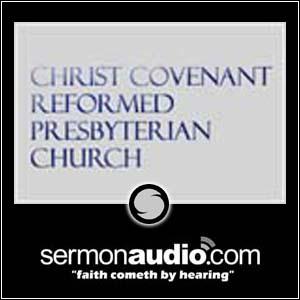Edward
Puritanboard Commissioner
Some? I see one, with 5 US groups. One of which has loaned REs because it appears to have none, Another has no pastor and no REs, but does have a Deacon per the denominational website.Some of said denominations are in NAPARC.
It was my understanding that Murray was OPC. Is that incorrect? Was he ordained in one of the Micros?I wonder if you’d have told John Murray he was perpetuating the problem of micro-presbyterianism and sectarianism.


